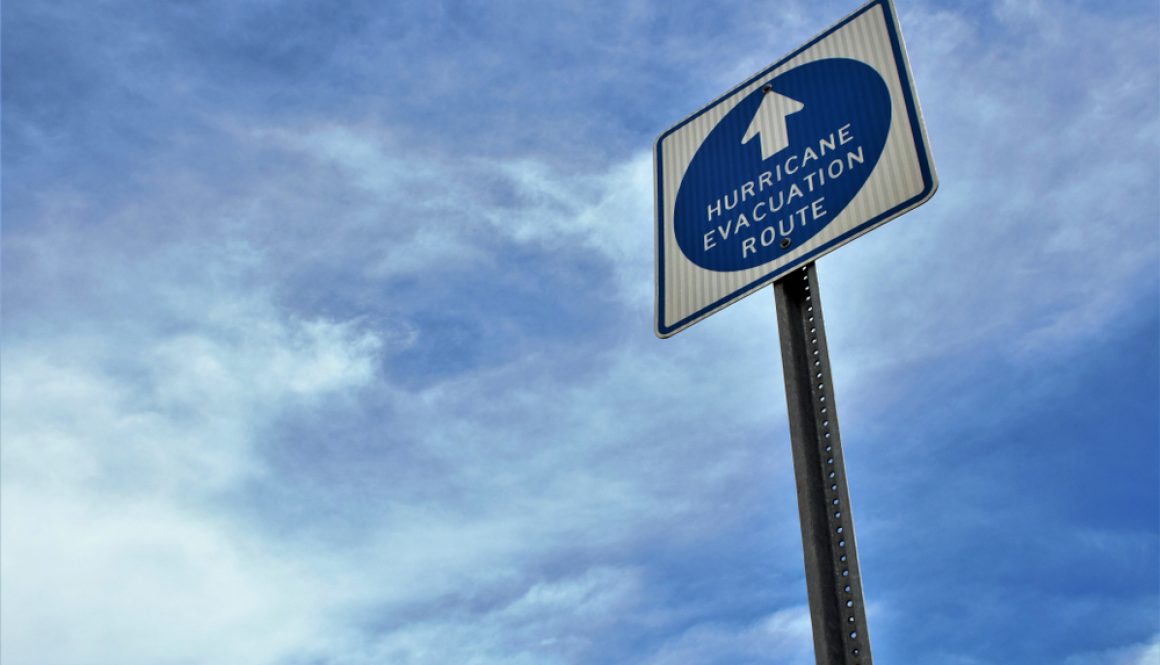Preparing for Hurricane Season in the Hospital
Hurricane season is June 1 through November 30, and this year, National Oceanic and Atmospheric Administration (NOAA) officials forecast a season very similar to last year, which was the third most active on record. According to the CSU, factors playing a role in the forecast include the lack of El Niño and warmer-than-normal waters in the subtropical Atlantic. Additionally, the NOAA is predicting La Niña will continue throughout the summer, which will likely keep tropical storm formation above average.
When it comes to storm hurricane preparedness in a health care facility, especially a hospital, planning ahead is key. Organizations must be ready to respond to natural disasters swiftly to guarantee that safety of patients and team members remains a top priority. Because of this, it’s crucial in the hospital setting to have a hurricane preparation plan and/or guide in place well before a storm strikes. Since the threat of hurricanes impact our area so often, Florida-based hospitals and health care organizations should make this an action item sooner than later.
A great place to start your planning journey is to check out your county’s Emergency Management Website. Here you can find more information about creating an annual disaster planning guide, and learning about evacuation and flood zones, emergency shelters, fire jurisdiction maps, and much more. Managers and directors should review this information on an annual basis and update their response plans accordingly. This includes updating team member rosters, staffing plans, and hospital-wide communications leading up to the storm. As a leader in your respective area, you should also encourage your staff to create their own at-home hurricane readiness plan.
Hospital Hurricane Plan Basics
- Make sure you have a crisis communications plan in place that outlines specific instructions for keeping in contact with employees, patients, vendors, and emergency personnel. Establish a team member hotline that can be updated regularly with operating information, further instructions, and updates.
- Put together a list of frequently asked questions and answers surrounding storm operations and communicate these to team members regularly.
- Coordinate with county emergency management to better understand routes to and from your facility. Confirm which routes will remain open for patient transport and emergency services.
- Create a damage assessment plan, which will ensure that patients and staff have the supplies they need in the event of an evacuation or shelter-in-place.
- Enroll in your county’s official emergency mass notification system to keep leadership up-to-date and alert on weather conditions.
- Create toolkits for each area of hurricane storm management and identify possible risk factors for each: inland flooding, severe wind, power outages, tornadoes, and fires.
- Have “safe spaces” mapped out inside your facility and be sure to communicate these to patients and team members ahead of time.
- Regularly take part in town hall programs that keep your staff feeling confident in the case of an emergency.
- Conduct hurricane and emergency management drills as well as employee training sessions on an ongoing basis.
- Regularly check inventory of pertinent supplies and be sure you have an ample amount on hand.
- Offer additional CPR and first-aid training courses to employees.
- Prioritize preparedness measures and follow a succinct plan in a 1-2-3 manner.
Perhaps the most important aspect of hurricane readiness planning is to remain calm. At the end of the day, if you and your team work together to create and maintain a successful plan with proper protocols in place, you will be in a much better position to handle the unexpected.
For more information about hurricane and natural disaster planning, visit https://www.ready.gov/business.
Learn More About Advanced Care Hospitalists (ACH)
ACH is a Lakeland-based hospitalist group providing comprehensive patient care in community hospitals across Central Florida. Our providers are highly skilled, board-certified internal medicine specialists who are available around-the-clock to meet the care needs of patients from hospital admission through discharge. Post-discharge from the hospital, we continue overseeing patient care for 30 days.
We’ve found that continued care coordination ensures more accurate medication reconciliation, improved compliance with discharge plans, better scheduling of follow-up visits, and fewer hospital readmissions. Our providers do everything in their power to make sure our patients receive the compassionate and comprehensive care they need to promote healing and prevent a second hospital admission.
For more information about our services and our practice, please contact Advanced Care Hospitalists at 863-816-5884 or fill out a contact form online.

